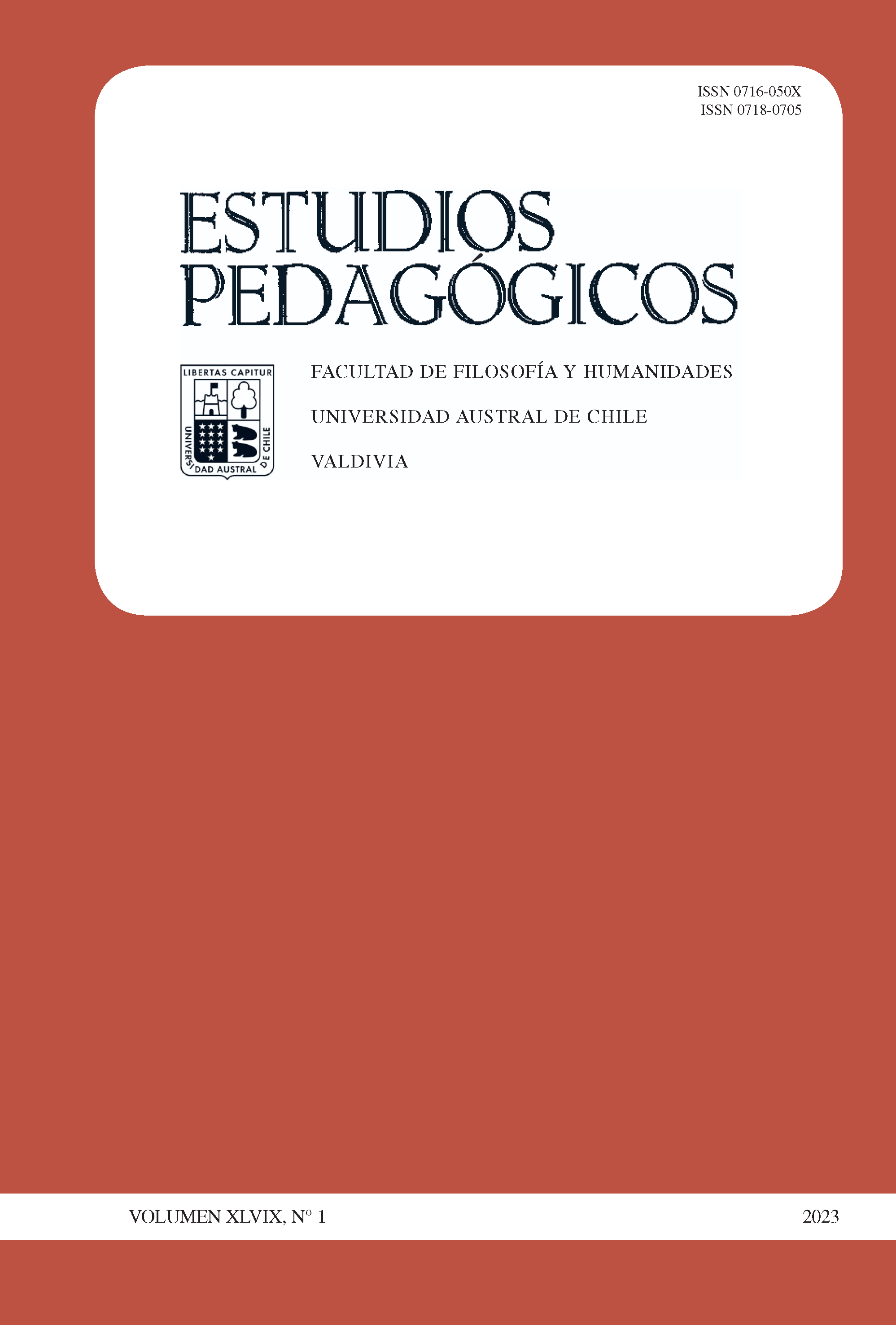Mobilizing principles and forms of organization of dialogic community classrooms
Main Article Content
Abstract
Dialogic community classrooms are unique experiences of educational transformation within the Chilean formal educational system, hence their scientific interest. This research intended to unveil the mobilizing principles of the transformation that has allowed these dialogic community classrooms to continue over time, and their forms of organization. To do this, through dialogic-kishu kimkelay ta che research, 8 research communities were formed in 8 schools in territorial, geographical, cultural and linguistic diversity distributed throughout the country. Knowledge was constructed through collective dialogues, dialogic conversations, audio and video recordings. Results reveal that the educational transformation originates from problems identified by the same collective groups and their actions to transform them. For this, they organize through organic relationships of solidarity networks that deepen social integration within each classroom, but differing according to contextual characteristics.

